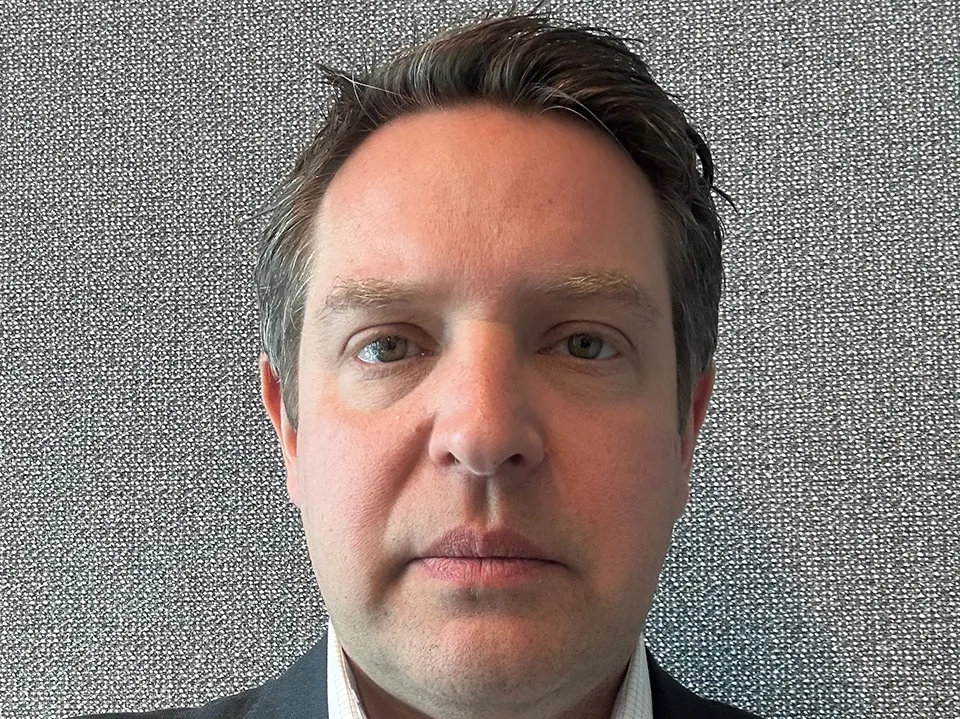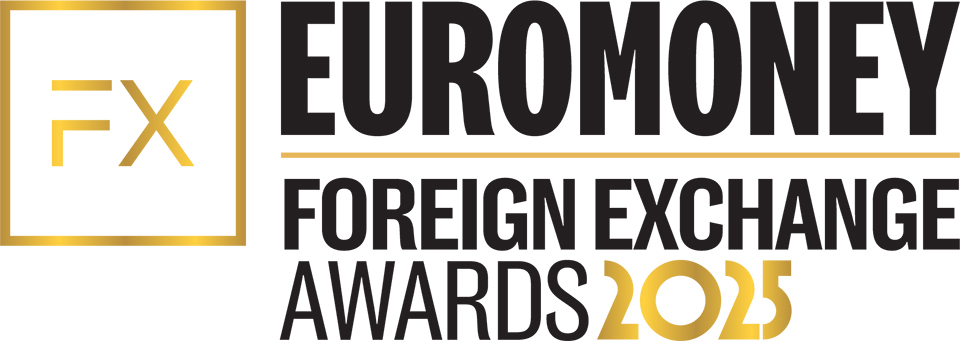The second Trump presidency has disrupted markets and global trade, creating opportunities for European banks as clients look to diversify counterparty risk away from US providers. Deutsche Bank seized this opportunity to stage a major comeback in foreign exchange, securing the world’s best bank for FX title in the 2025 Euromoney FX Awards.
“The desire from clients to diversify away their concentration risk to US banks is the most fundamental change I’ve seen in 28 years of being in the industry,” says Ollie Jerome, European head of FX at Deutsche.
But being based outside the US is not enough. In the past 18 months, Deutsche’s FX business has undergone a significant modernisation programme under new leadership, which involved a rethink about how and where to interact with clients, where technology spend should be focused and how core strengths can be built on.
This meant upgrading client-facing interfaces to ensure clients can access all of Deutsche’s services easily and via a single API, as well as leveraging the bank’s enormous geographical and client footprint, breadth of services and scale of offerings.
The bank has positioned itself as one of the few remaining full-service FX providers, with offerings ranging from prime brokerage through to research, liquidity provision and cutting-edge technology, all aimed at meeting evolving client needs.
“Clients want full-service FX banks that can provide the full range of services, products and coverage,” Jerome adds. “None of the other European banks offer that in the way that Deutsche can do, with the right product set and the right scale.”

We take the entire headache away from them and just let them get on with the bits of their business that are alpha generative. I think that’s a very modern business model
Ollie Jerome
The strategy appears to be working. In the first six months of 2025, the bank’s fixed income and currencies business registered a 14% year-on-year increase to €5.2 billion, including a record-beating first quarter for the division.
Deutsche has been a major player in the $7.5 trillion market for decades. It has led FX rankings for much of the time after the electronification of the business, as it stole a march on competitors with its Autobahn single-dealer platform that attracted clients and gave the bank unprecedented market share. After the downgradings of its top-class credit rating in 2019, the business suffered a series of painful blows, but by 2024 it was ready for another fight.
The revamp included a strategic pivot from the bank’s previous approach of interacting with clients via Autobahn above all. The realisation that single-dealer platforms are no longer the only way but instead just one of the many ways clients want to do business with banks was a turning point.
Deutsche launched HausFX, a modular FX-as-a-service offering that is highly configurable and allows clients to outsource their entire FX execution and processing tasks without having to run trading desks or worry about best execution. The move, which deliberately puts flexibility and configurability at its heart, was an acknowledgement that for most clients FX is far from their main business – it is just the ‘exhaust’ from equity or fixed-income trades that gives it a different perspective.
“Most people don’t care what your view is on the next 10 points in euro/dollar,” Jerome says. “They care whether they can collapse and compress their FX and automate the execution and do so at predefined spreads,” Jerome says.
“We take the entire headache away from them and just let them get on with the bits of their business that are alpha generative. I think that’s a very modern business model.”
This modern business model sits on top of a global franchise that includes a significant presence in Asia, including restricted markets and China, the Americas and EMEA, covering nearly 1,100 currency pairs and crosses. On top of world-class principal-trading divisions for spot and derivatives, the bank expanded its execution advisory services, which led to a doubling of electronic algorithm volumes year-on-year, while its HausFX product has gained traction across market segments including regional banks. And the build-out will continue.
“People want service and that’s what we’re going to give them because that’s what, I think, a modern foreign-exchange business needs to do exceptionally well,” Jerome adds.

